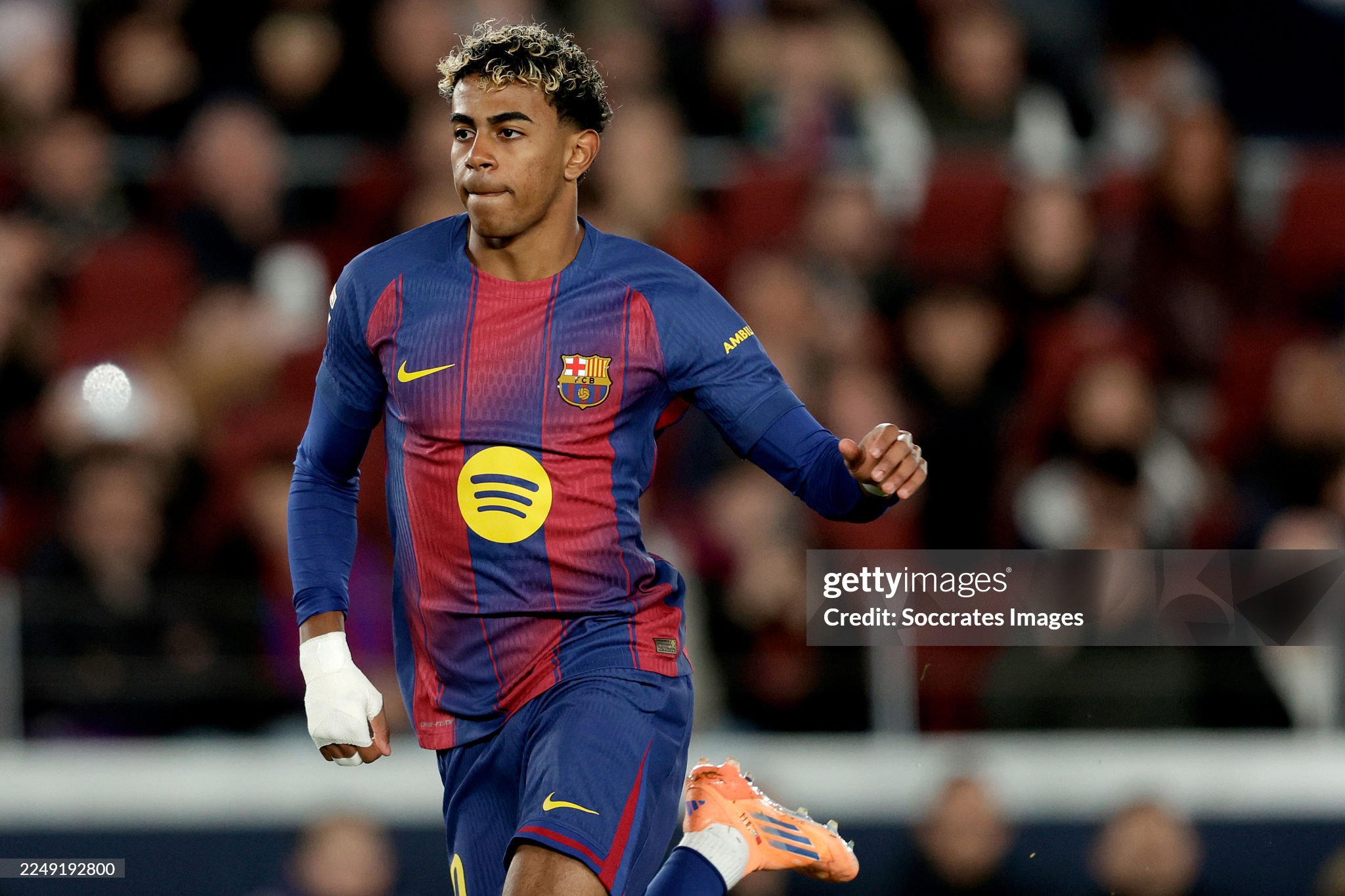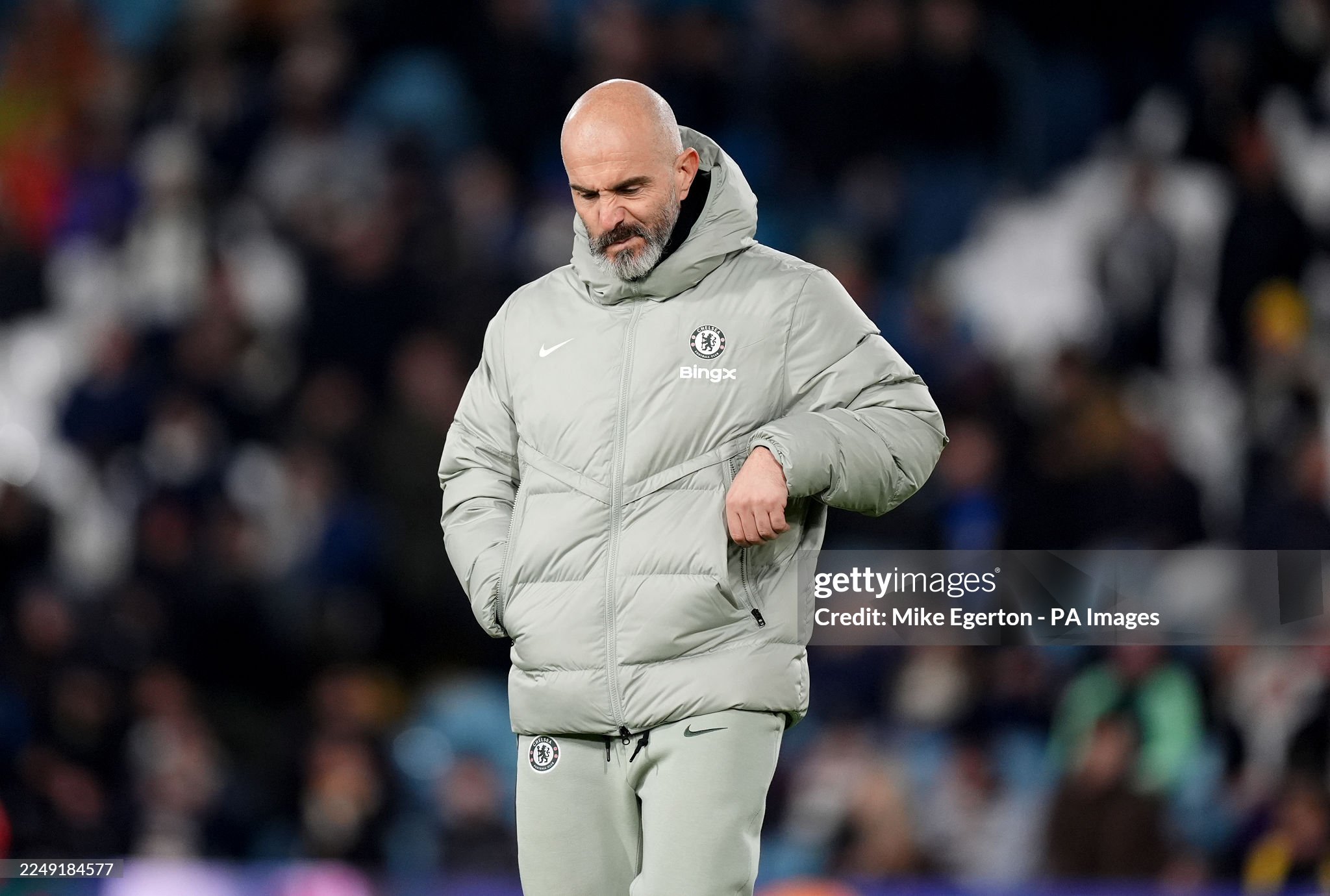The LaLiga president lamented that the match between Villarreal and Barcelona, scheduled for December 21, will no longer take place in the United States following protests from fans and teams in that league.

Javier Tebas, the president of LaLiga, responded at length on Wednesday to the cancellation of Villarreal vs Barcelona in Miami.
The match, originally penciled in for December 21 as part of matchday 17, will now be played at the Estadio de la Cerámica, Villarreal’s home. Tebas framed the reversal as a setback for the league’s global strategy, arguing that Spanish football had missed a chance to showcase itself in a major international market and to build long term value for all clubs. He linked the decision to protests from fans and teams in Spain and used the moment to criticize governing bodies he believes are holding domestic leagues back, pointing in particular to FIFA and UEFA.
At the core of the debate is LaLiga’s aspiration to stage official domestic fixtures outside Spain. Tebas has pursued this idea for years, convinced that taking select games abroad can increase international visibility, unlock commercial partnerships, and deepen fan engagement in key growth territories like the United States. The Miami concept resurfaced because the US remains a strategic priority for LaLiga. The league has opened offices, invested in promotional tours, and strengthened broadcast relationships there. A competitive match on American soil was meant to be the next step in converting casual followers into a committed fan base while presenting Spanish football as a premium product that travels well.
Resistance has been consistent. In Spain, segments of supporters argue that domestic league fixtures should be played in domestic stadiums to protect tradition, competitive balance, and the compact culture of matchday. Some clubs and players share concerns that moving a home game deprives season ticket holders of value and might create subtle sporting distortions. In addition, Spain’s football institutions have historically been cautious about organizing official matches abroad. The Spanish football federation’s past decisions, the players union’s objections, and a cautious stance from parts of the political sphere have created a compliance wall that is difficult to climb. Tebas countered that tradition and modernity can coexist if stakeholders agree on clear rules, and he warned that the greatest threat to tradition may come from top down decisions by global bodies that expand calendars and competitions without adequate regard for national leagues.
The broader regulatory backdrop is complex. FIFA’s position on domestic leagues staging official games outside their home territory has often skewed conservative. UEFA does not administer national leagues but any experiment must fit around an already congested calendar. LaLiga’s view is that internationalization through a limited number of fixtures can be managed responsibly if there are transparent revenue sharing mechanisms, robust fan protections, and adequate notice to all parties. Tebas maintains that safety, sporting integrity, and broadcast obligations can be met with planning. His opponents argue that once one competitive match is allowed abroad, the door opens to a fragmented domestic calendar and creeping commercialization that prioritizes global TV windows over local communities.
The specific Miami plan became a lightning rod. Supporters’ groups organized protests, arguing that exporting a live league fixture erodes the lived experience of local fan culture. Clubs that rely on gate receipts and the ritual of matchday weekends worried about knock on effects for attendance and atmosphere. Even those cautiously open to the idea asked for stronger guarantees, such as compensation and travel support for affected season ticket holders, equal treatment across clubs, and a cap on the number of exported games. Without a broad consensus, the experiment stalled again. Villarreal and Barcelona were thanked by Tebas for their willingness to participate, which he presented as an act of solidarity with the league’s wider growth strategy.
Commercially, the potential upside is not trivial. A successful event in the United States could attract new sponsors, increase merchandise sales, and strengthen broadcasting packages in the world’s largest sports market. For clubs, a bigger international footprint can improve direct to consumer engagement and create more stable revenue beyond transfer activity. For LaLiga as a whole, a signature game abroad could help narrow the global attention gap with the Premier League, whose brand power often eclipses rivals. Yet financial promise must be weighed against the cost of alienating core fans at home. Tebas argued that the plan included safeguards and that the league is capable of evolving without abandoning its roots. Critics insist that meaningful consultation and binding protections must come first.
Sporting fairness is another pillar of the discussion. Moving a league fixture abroad changes travel demands, time zones, and routine. Advocates say modern performance departments can manage these shifts when given ample lead time, while opponents worry about marginal inequities that could influence the table. A framework that rotates candidates, avoids key derbies, and preserves calendar integrity would be needed to reduce any perceived advantage or disadvantage. Environmental considerations also enter the picture, since long haul flights for competitive matches raise questions about sustainability. Any future plan would likely include offset strategies, reduced travel duplication, and a very limited number of such events each season.
What would it take for a future attempt to succeed. First, a formal process led jointly by LaLiga, the federation, and the players union that sets clear criteria for game selection, fan compensation, and scheduling. Second, earlier communication with supporters to design discount schemes, bundle offers, or guaranteed access to an equivalent marquee home game. Third, legal clarity from global and European bodies that define the conditions for cross border league fixtures. Fourth, a pilot program that is strictly limited in scope, independently audited, and reviewed after completion. If the trial delivers measurable benefits without undermining local traditions, a broader rollout could be discussed.
For now, the decision sends Villarreal vs Barcelona back to La Cerámica, preserving the usual matchday rhythms for the Yellow Submarine and their supporters. Tebas signaled that LaLiga will try again. He presented the outcome as a near miss and urged stakeholders to engage with the underlying strategic challenge. In his view, national leagues must expand their international footprint to remain competitive in a crowded global calendar. In the view of many fans and some clubs, honoring the bond between team and local community must remain the non negotiable center of the sport.
The debate is not likely to fade. The Premier League once floated its own international game concept, sometimes called the 39th game, and backed away after fierce backlash. Italy and France have explored overseas events in cup or super cup formats with mixed reactions. These examples suggest that neutral site competitions are easier to export than core league fixtures, but a carefully designed league experiment might still be possible if consensus grows. Whether that happens will depend on patience, diplomacy, and a shared belief that innovation and tradition can reinforce each other rather than collide.







